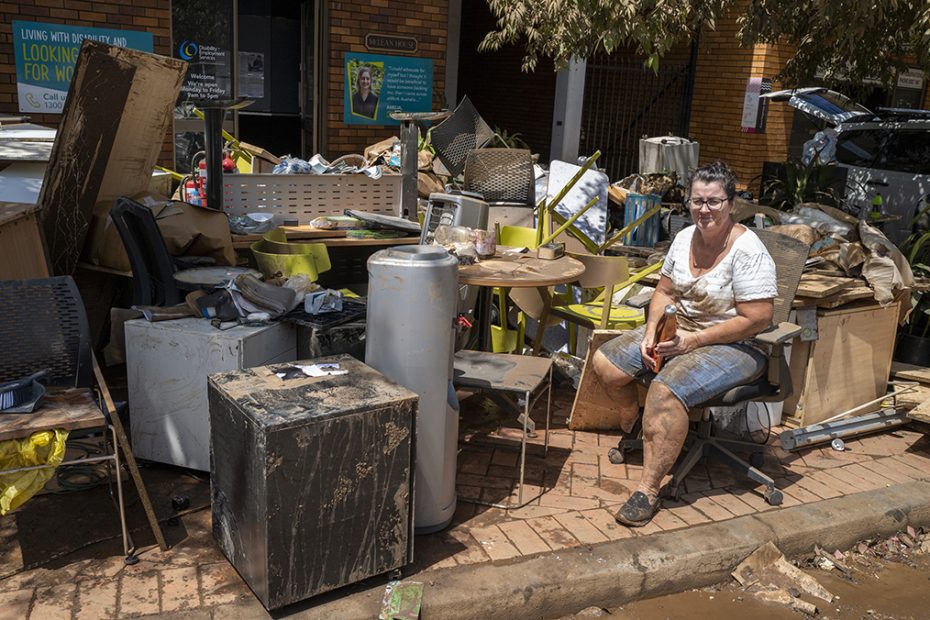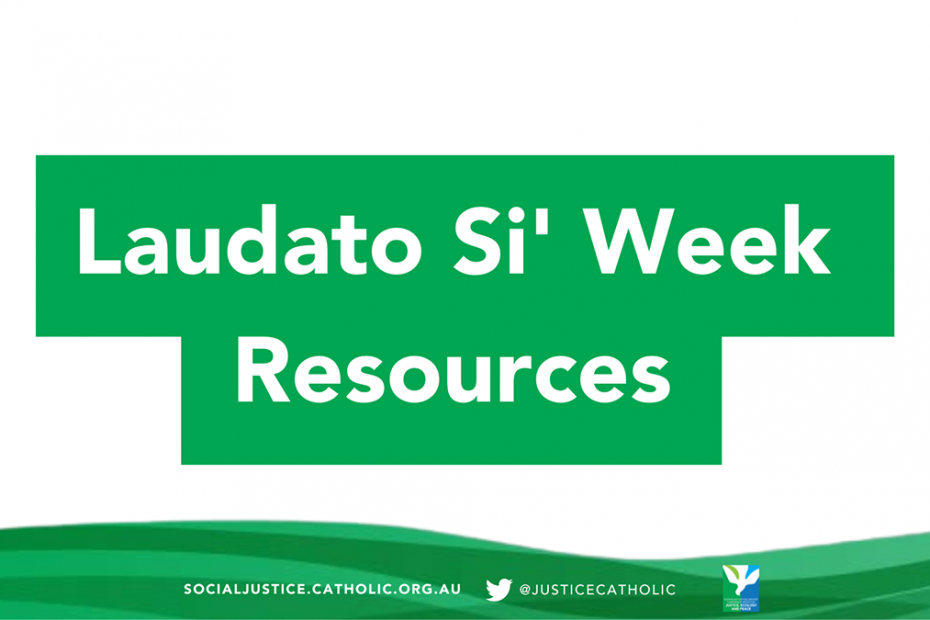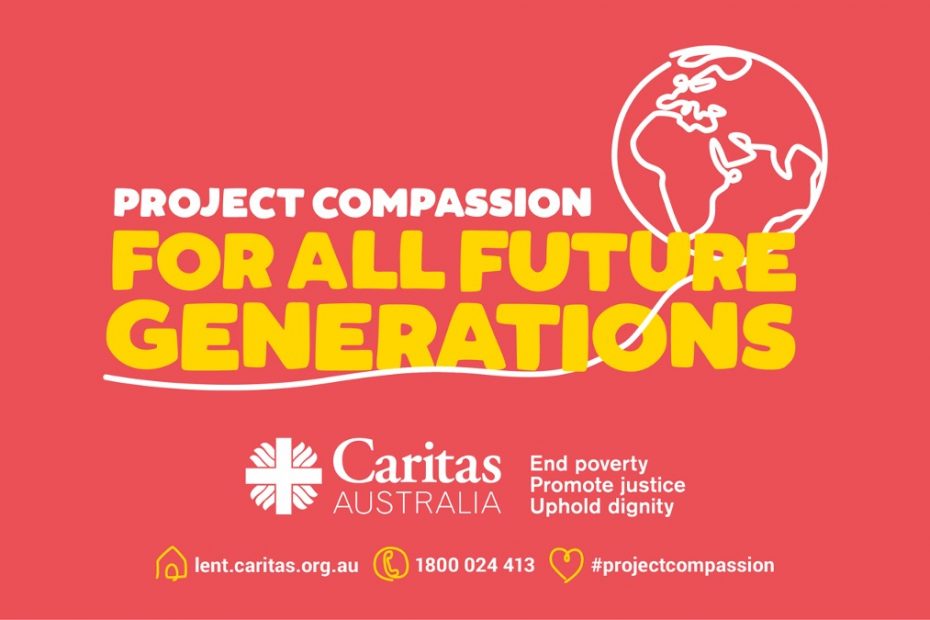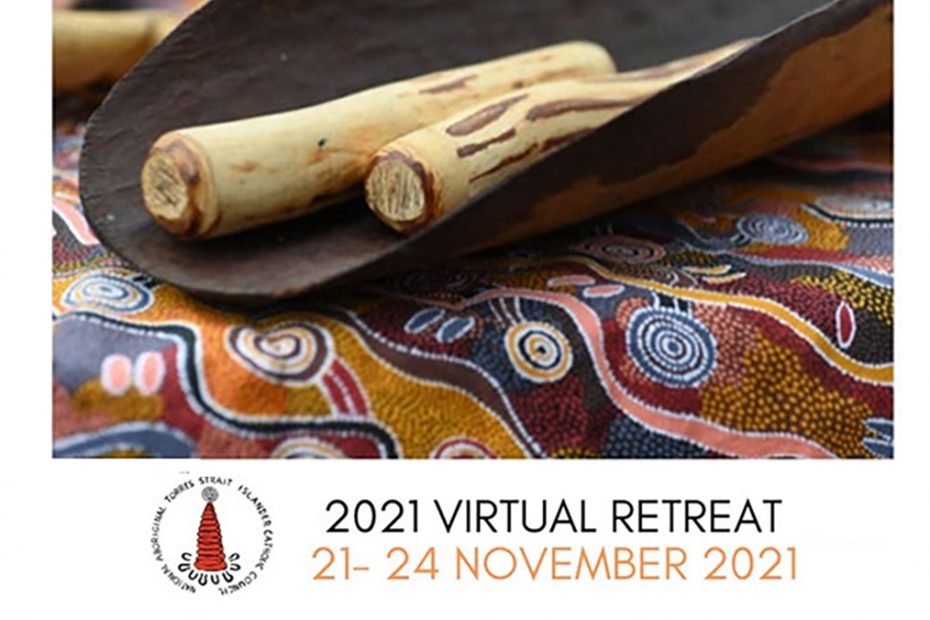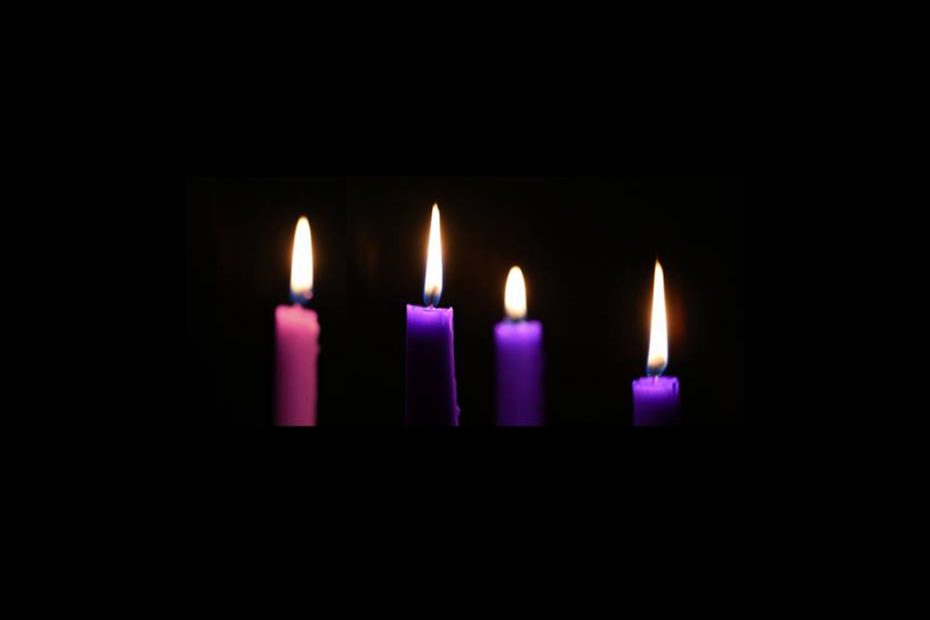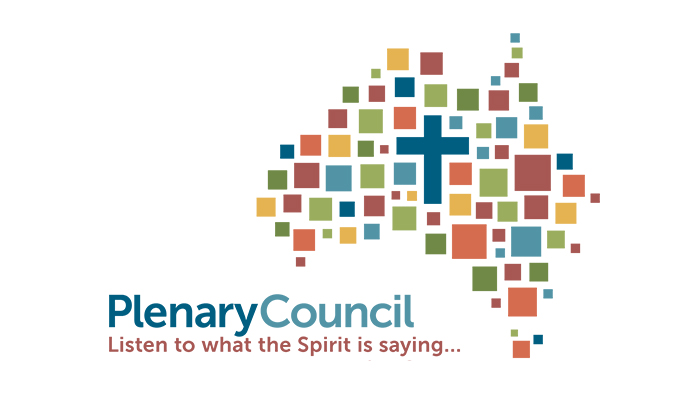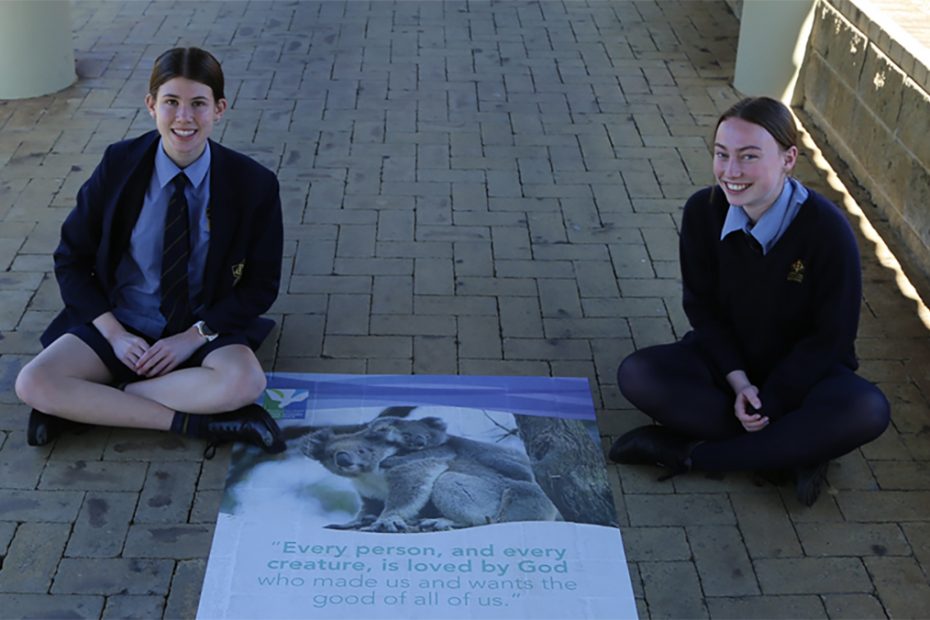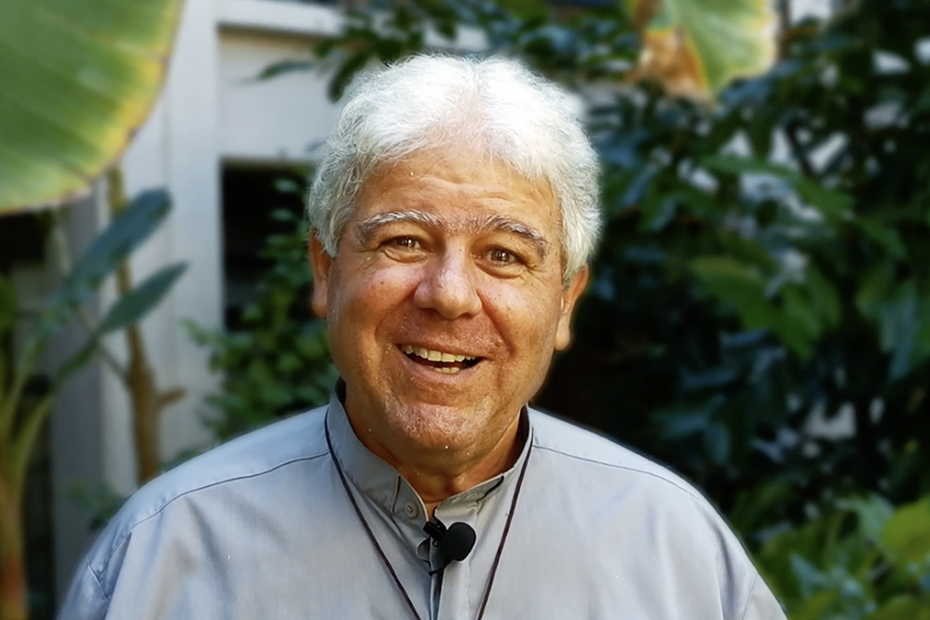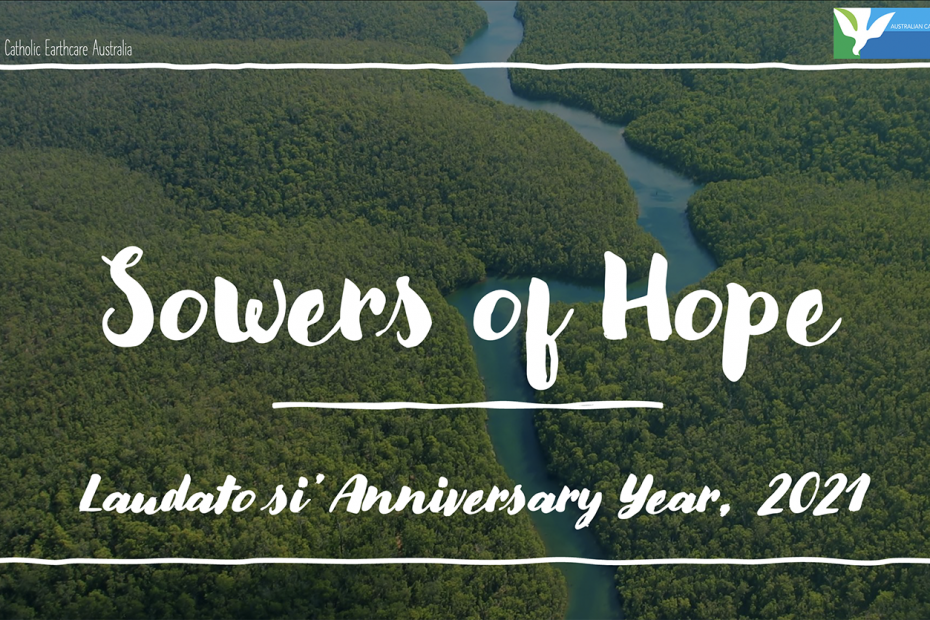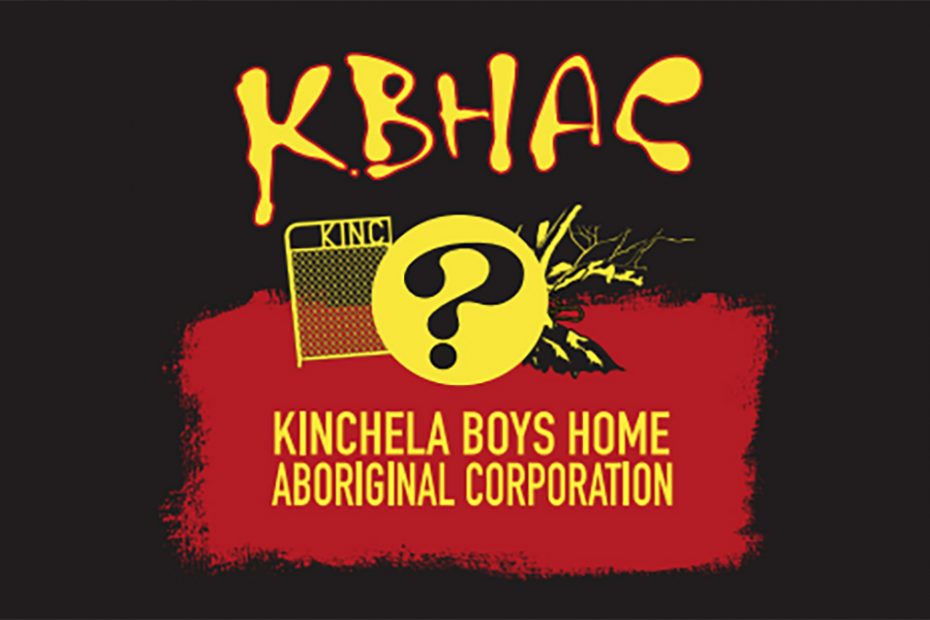Lismore Flood Recovery: “Standing on Holy Ground”
A personal, on the ground reflection from Catholic Schools Diocese of Lismore Mission team on what Laudato Si’ means to them. They share their experience of ‘Standing on Holy Ground’ as they support each other to clean up after the floods and rebuild after catastrophic flooding where over 12 of their schools had damage to half of its buildings, and three completed inundated. You can support with prayers and responding to their appeal.
